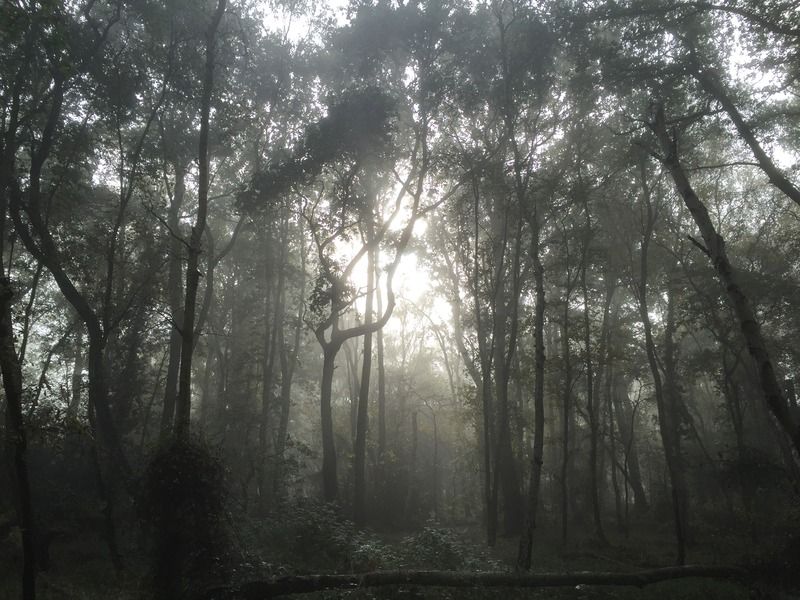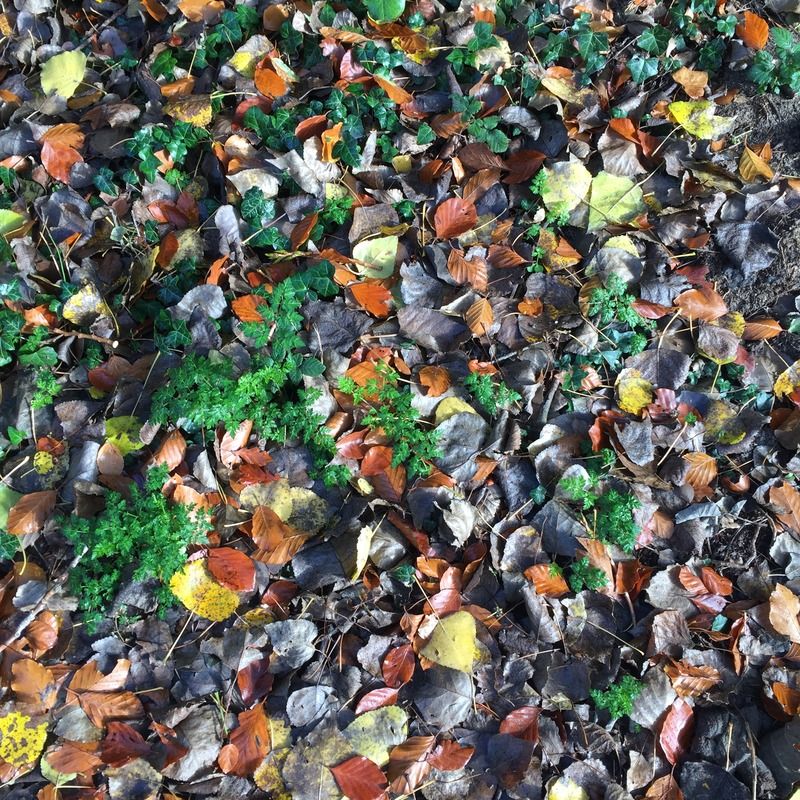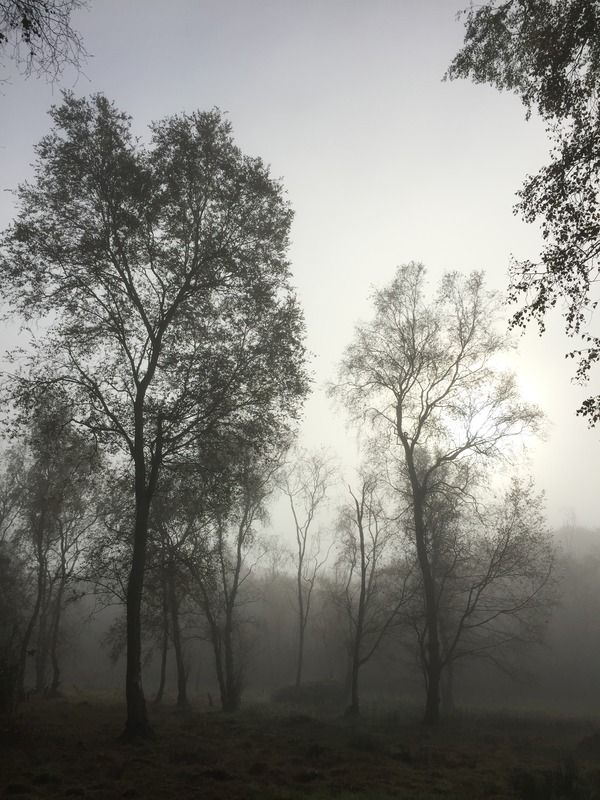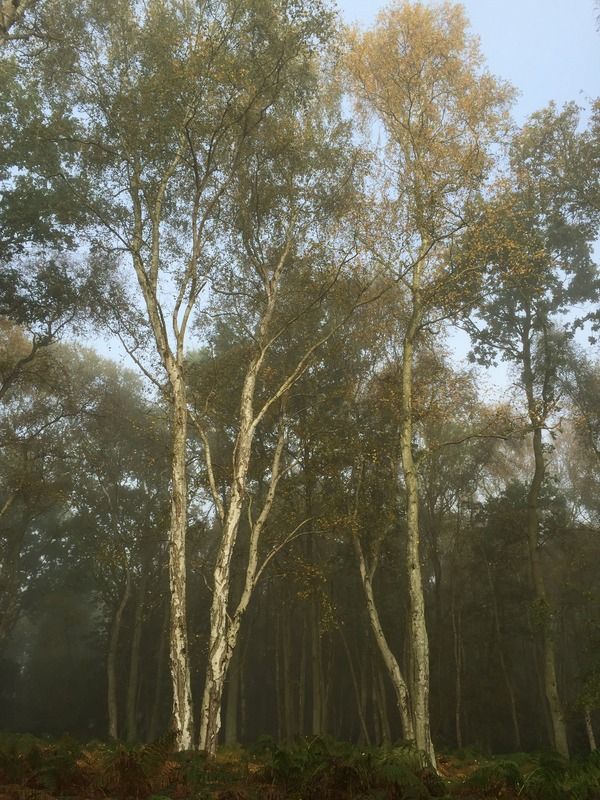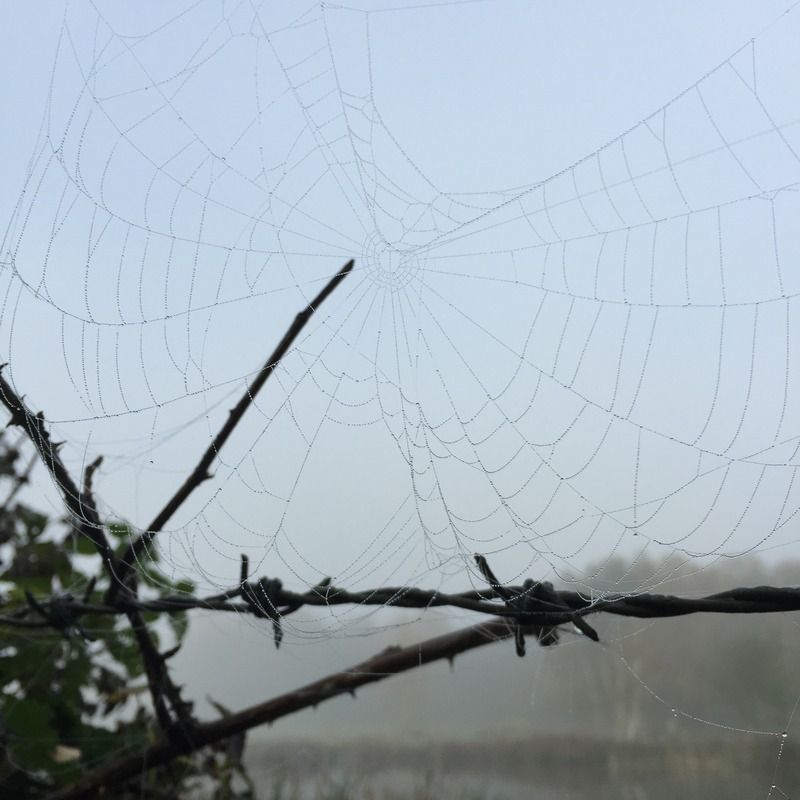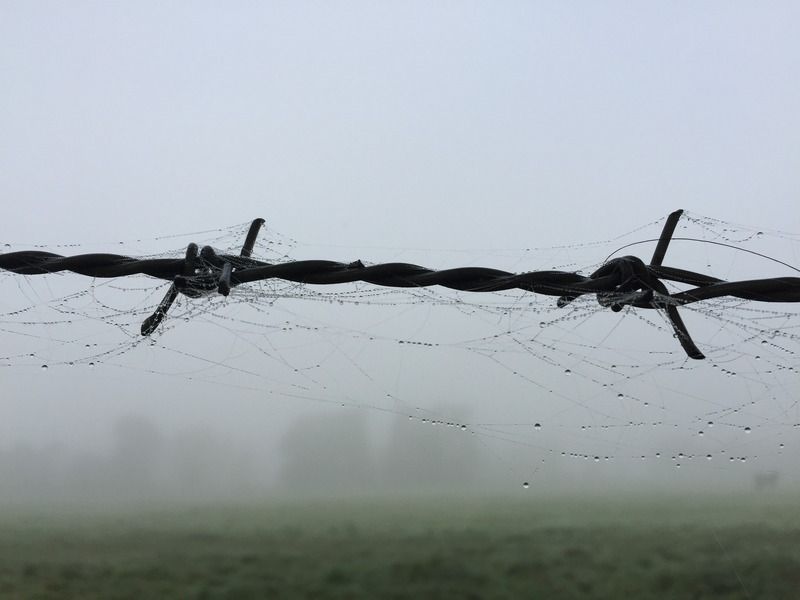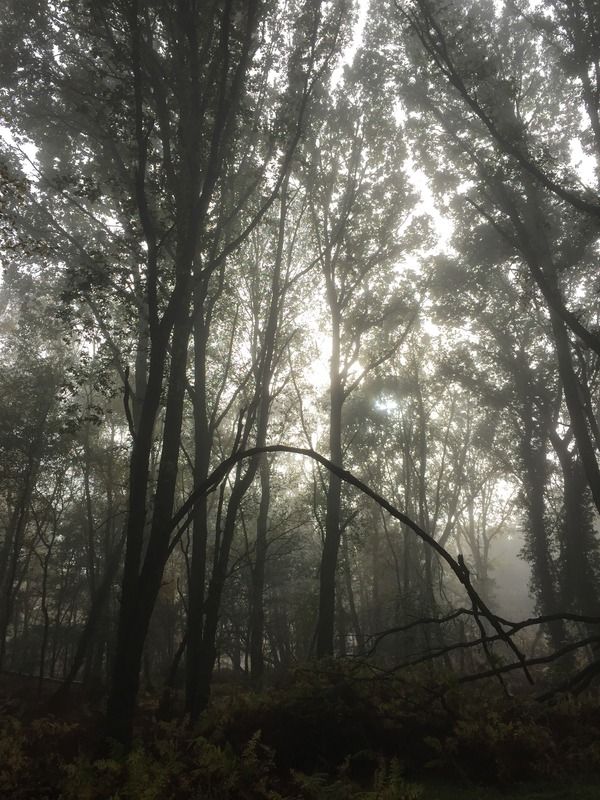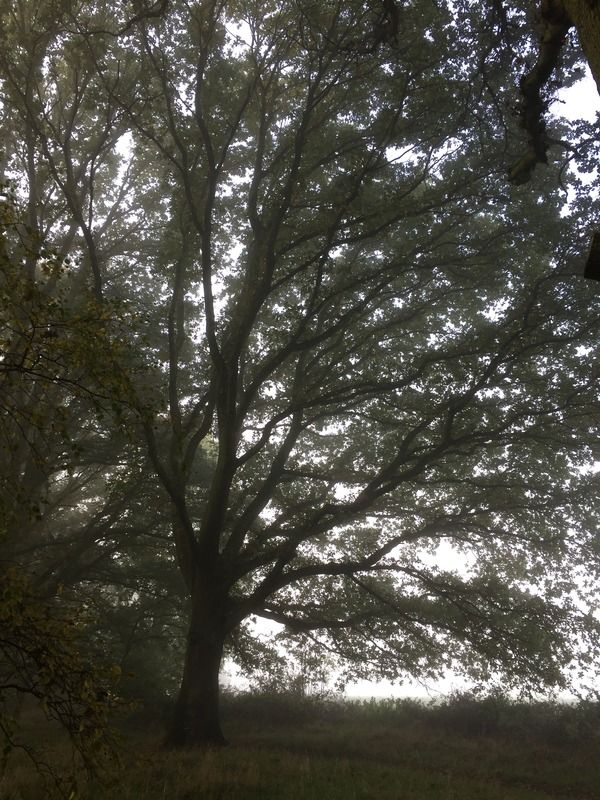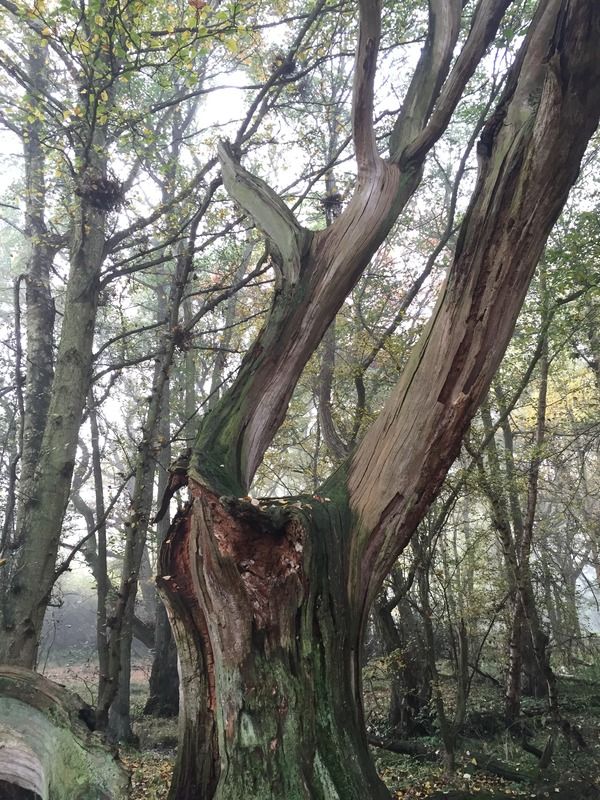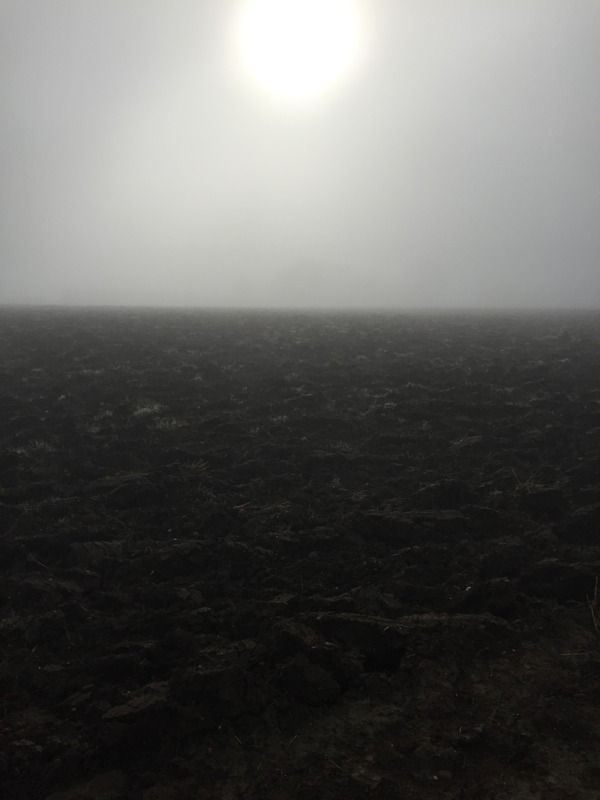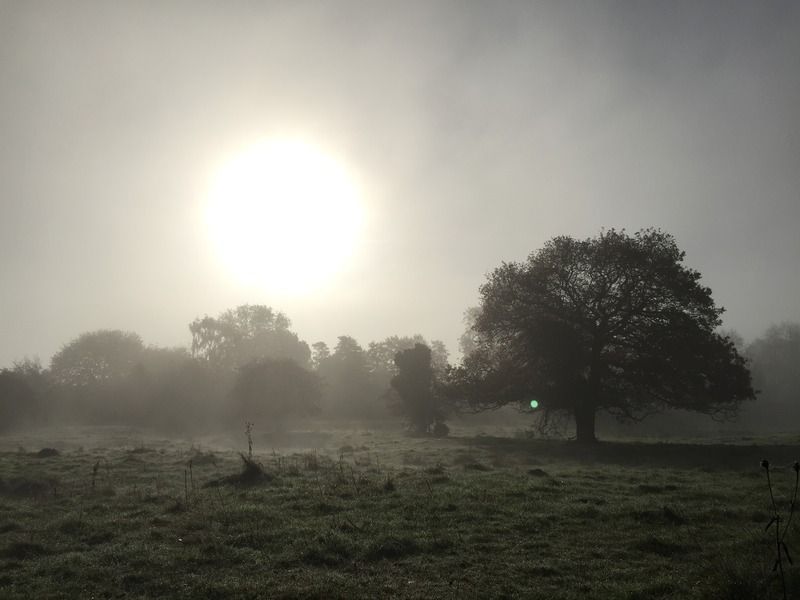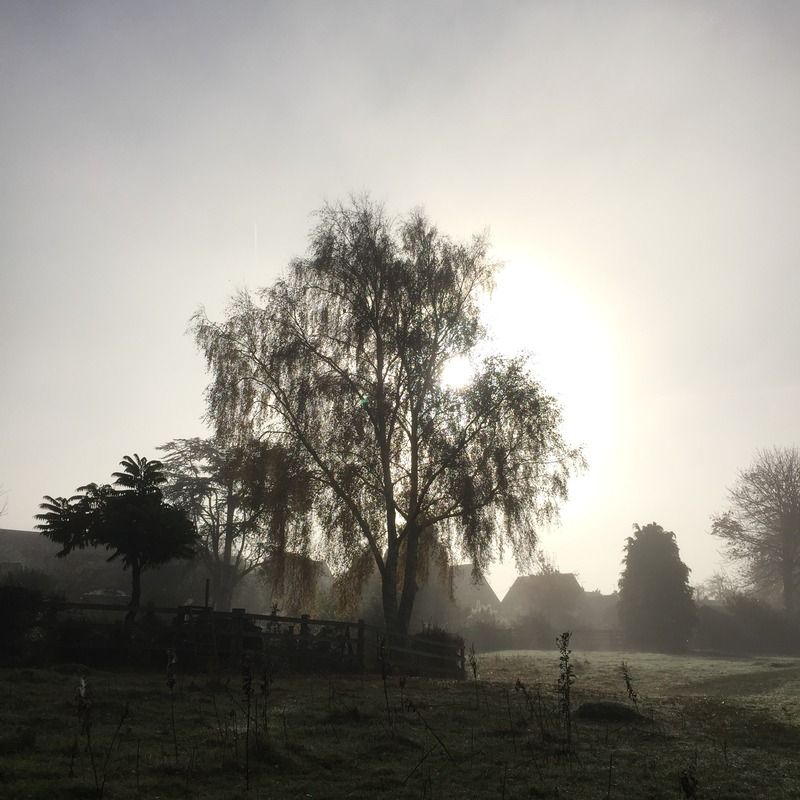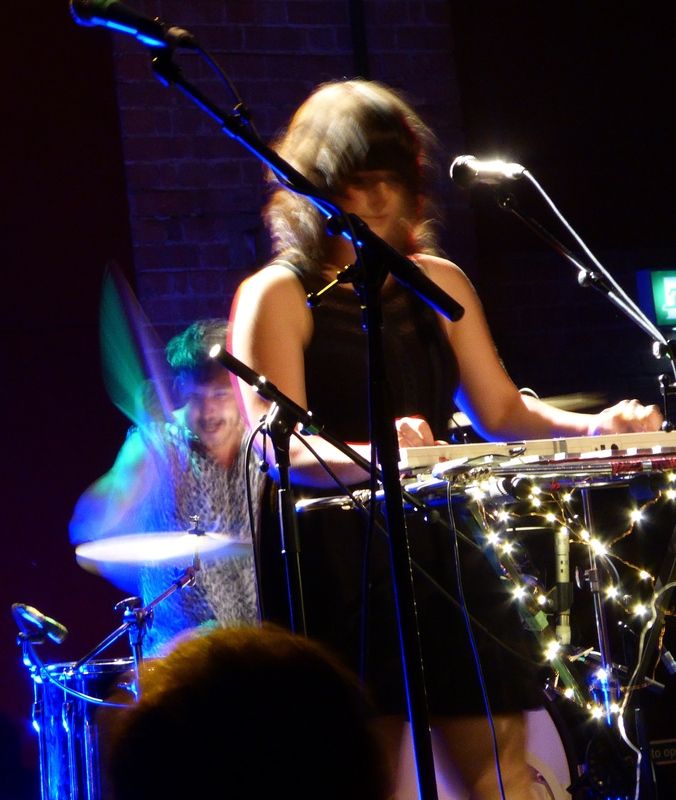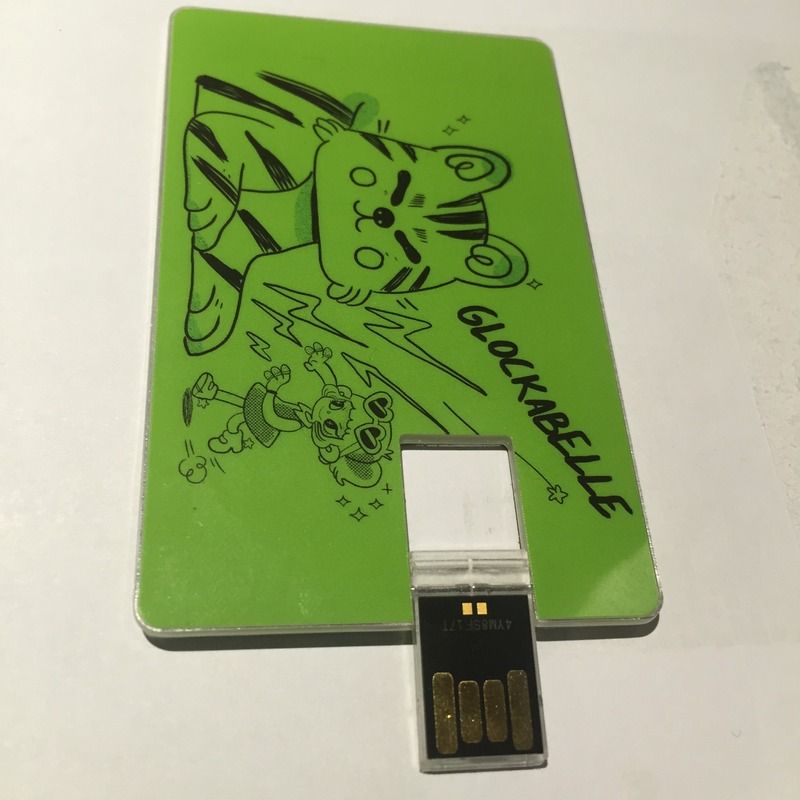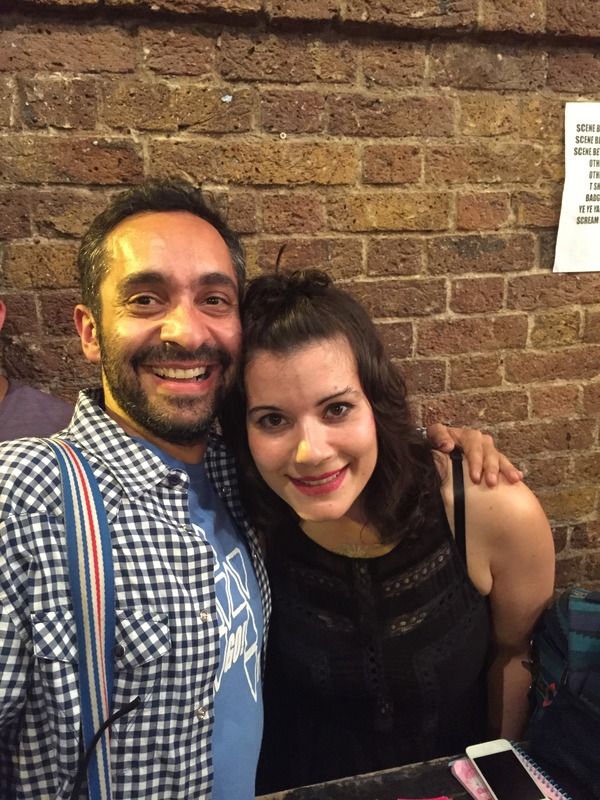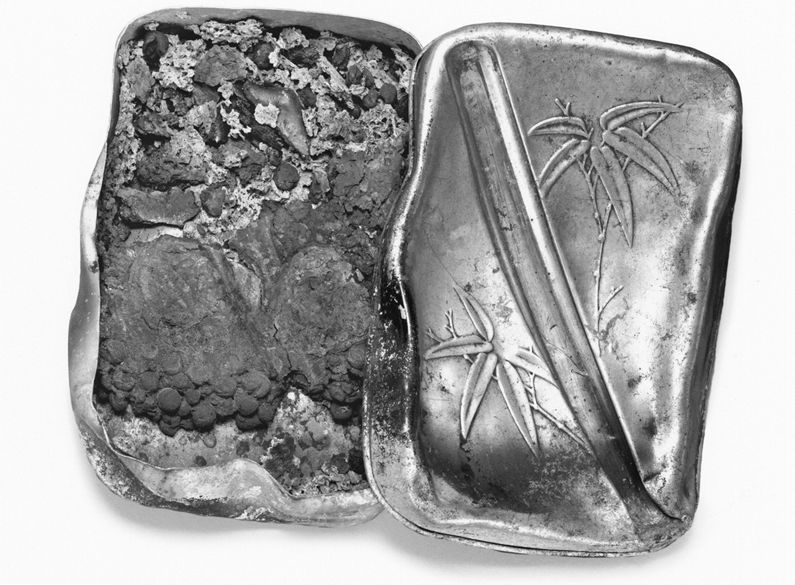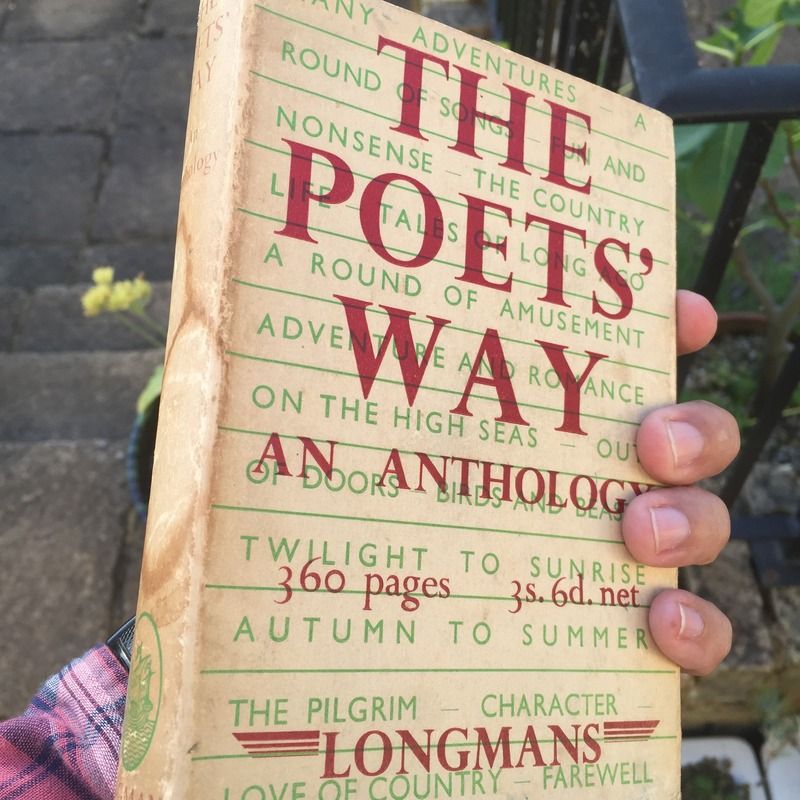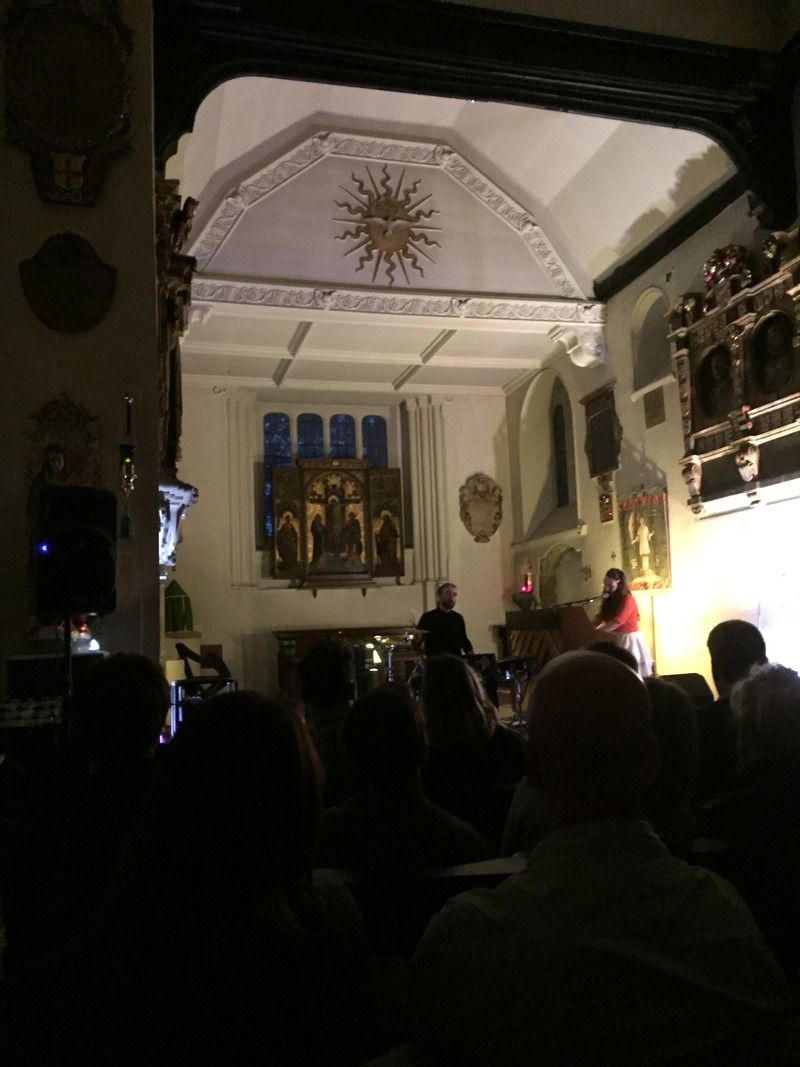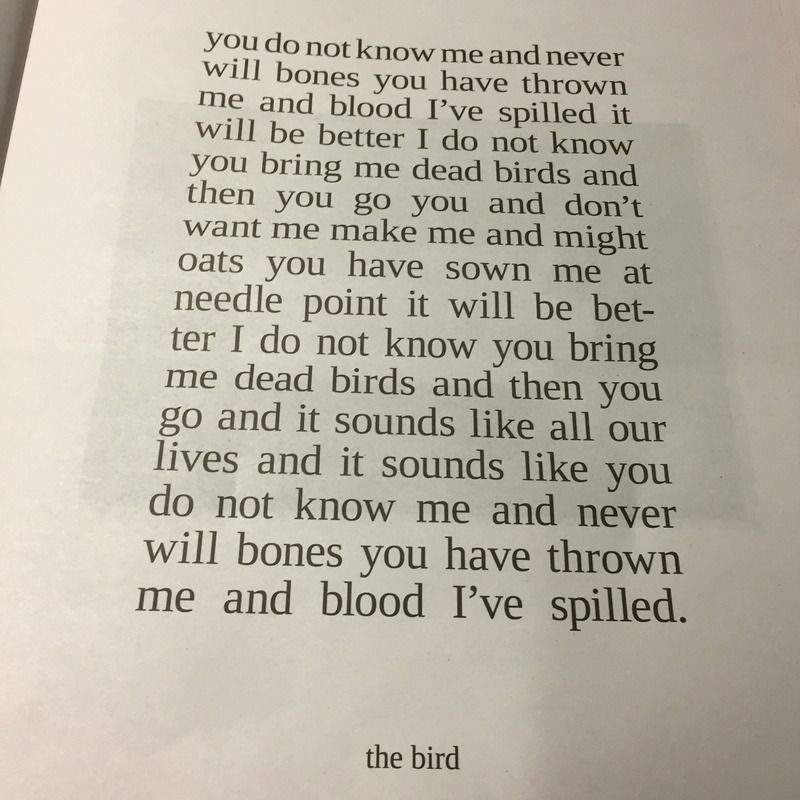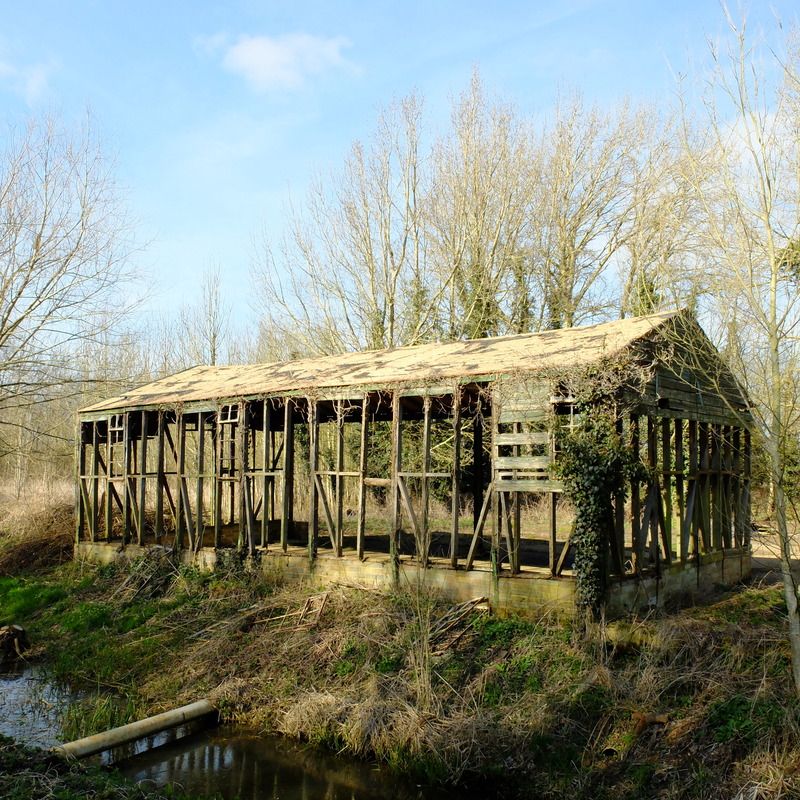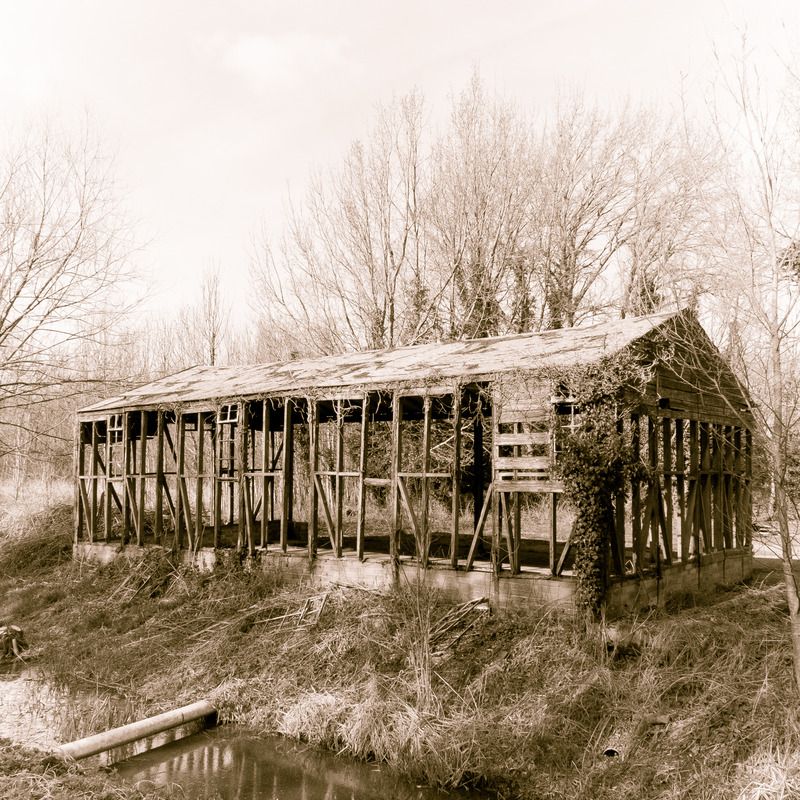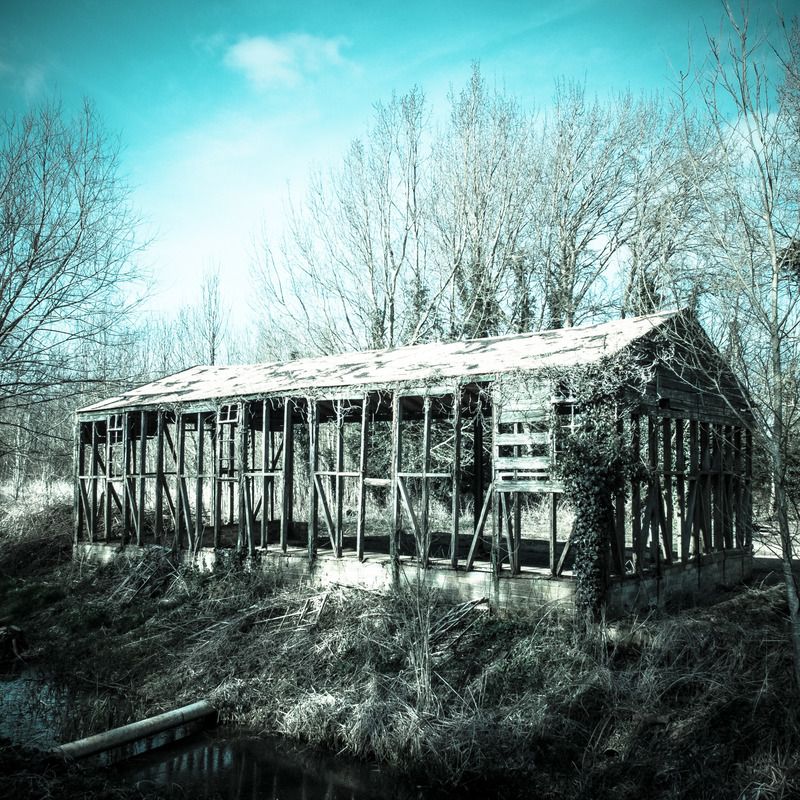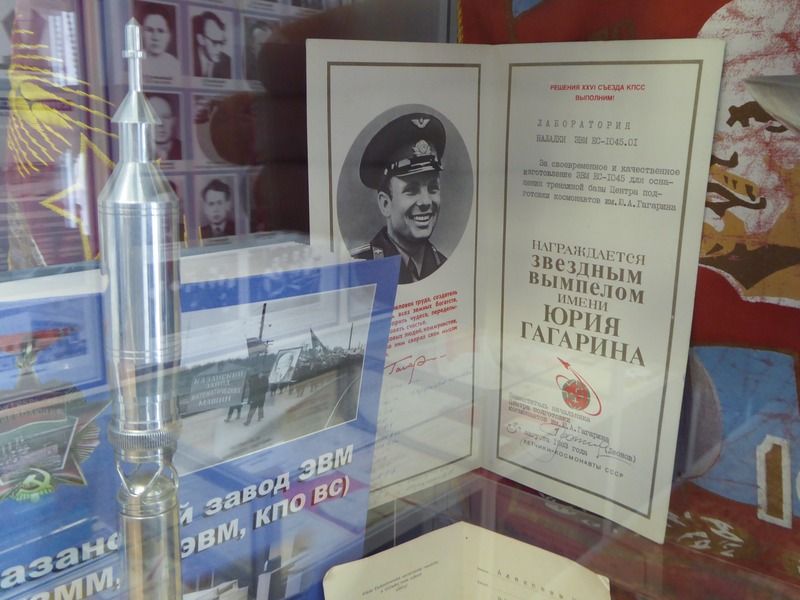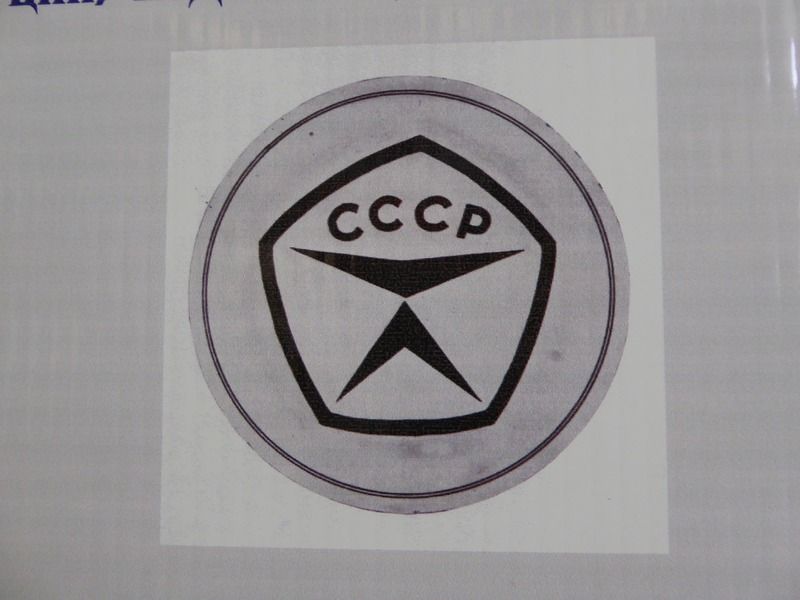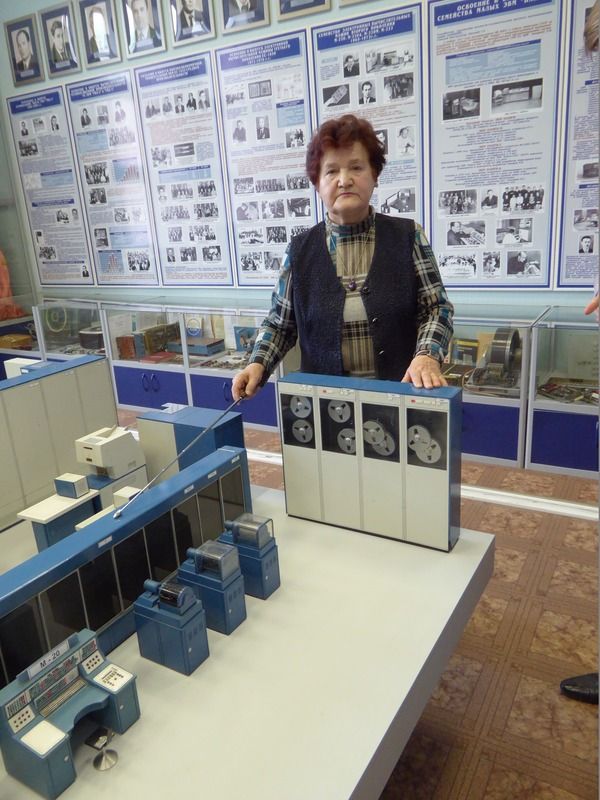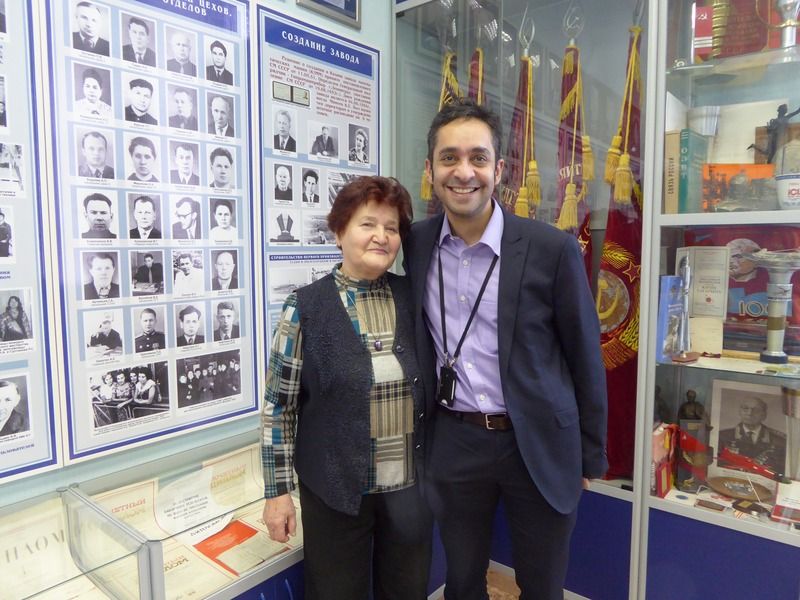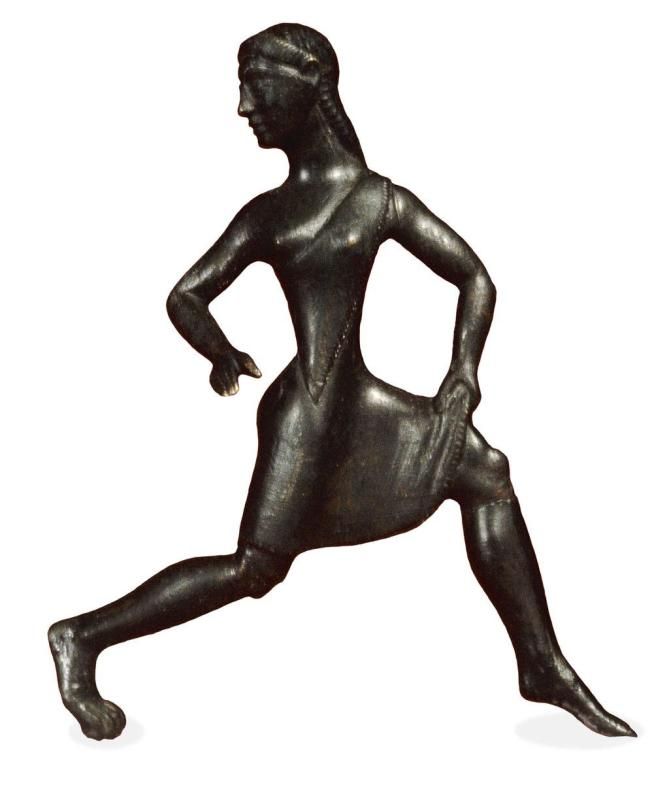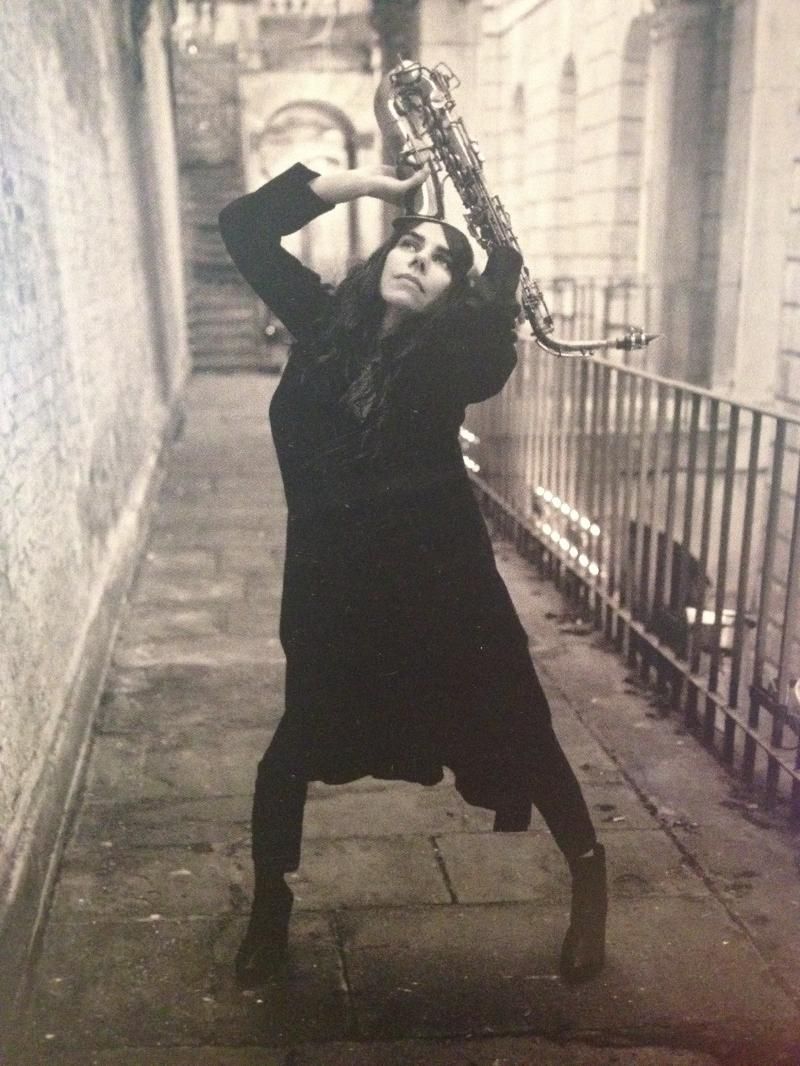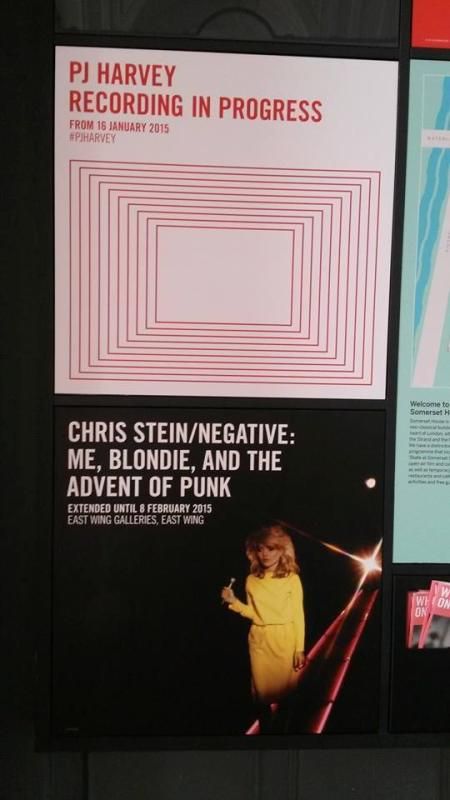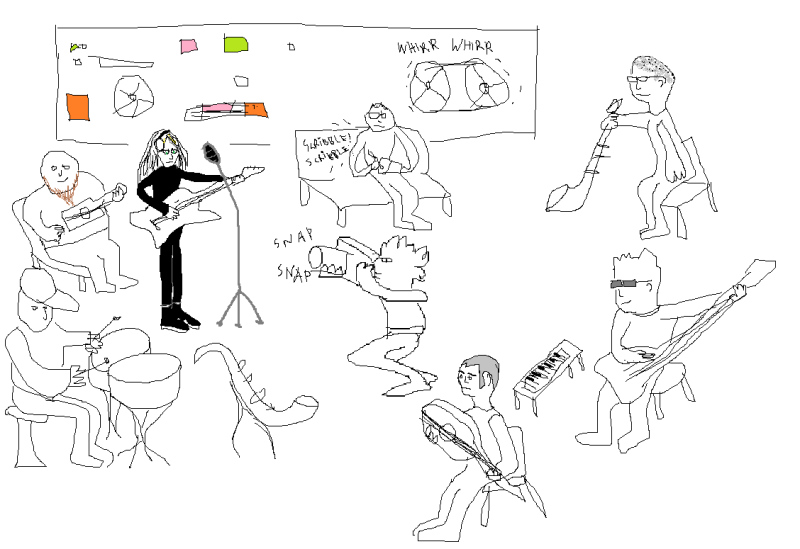For those of you (not many!) piqued by my confession that I’d finished writing a novel (I’m going back to editing it this week) and asking me for an example of my creative writing, I share this little short story I wrote this week. It’s very much an experiment in free writing, so there are some flaws, it was finished within a lunchtime. I was talking to a friend at work about the summer solstice, why is it celebrated? For me, and in fact for my colleague, the summer solstice seems like the saddest day of the year. The days will get shorter and shorter, it’s the promise of winter before summer has even kicked in.
The longest day of the year is very much celebrated, the further north you go, the starker the difference in the seasons become and the lengths of day and night get more and more extreme. The weather is a strange thing, such an effector of moods, I always think even the ugliest concrete landscape can look prettier when the sun shines.
The tongue-in-cheek title “I am the stealer of summer joy!” was my friend’s light hearted contribution to our discussion, it made me laugh but it also generated an idea for this story, I have permission to use it, so I thank her for that!
The story itself is meant to be darkly funny, surreal and a cliche of Nordic noir, like an Ingmar Bergman film, but I'm not sure if it hits any of those marks in that respect! It certainly is a clumsy exploration of loneliness, and existential sadness, after all we are all really alone right? (listen to me like I know what I'm talking about!).
As for the characters in the story, I don’t know what happens next, for me this is an ending, I could write more, I could make Torstein and Ingrid fall in love, I could have one of both of them die of the malaise hinted at, I could heal the blight on the world and disperse the clouds and rain, but I can’t. For me, this is how this story ends. It feels right to end this way. And yes, I do feel sorry for the dog. You decide if you like.
Anyway, it’s apt, on the even of the solstice, that it is raining today. Cheer up! Enjoy your summer! haha.
Mel
(short story © Mel Melis)
---
I am the stealer of summer joy © Mel Melis
Torstein looked through the greasy pane of glass, the rain was pounding relentlessly against the tin roof, he felt each drop like a nail hammered into his back, the morning was dark, malevolent. He squinted, hoping to see something of the barren sand dunes and perhaps beyond, to the roaring ocean, but everything was blurred by the combination of the imperfections in the glass, the smears of soot and cooking fat, and the rain’s rivulets pouring down. He sat down at the old oak table again. He began to butter a dry crust of bread with his ivory handled knife, the one his grandfather had given him. His grandfather the whaler, he’d scrimshawed naïve scenes of sea creatures into the whale tooth handle, but through years of use, the relief was worn down. He examined it, turning it over in his calloused hands, it felt weighty, a comfort in his hand, of something lost and yearned for, there was the distinctive spiral of a nautilus shell in the fat end of the handle, but other images were lost to time, eroded, like his memories. He sighed, he barely remembered what any of them looked like, that older generation.
He put down the knife, put down the crust of bread, his big hands gently depositing them so they only made the tiniest sound against the dented metal plate. He decided he wasn’t hungry. Eating was a habit, to pass the time, like smoking. He rolled himself a thin cigarette and lit it with a twig from the open fire. He threw the twig back into the flames, it burst and crackled.
“I am the stealer of summer joy” he muttered when he sat down again. He’d heard it in a dream. A recurring dream. In March, he heard it as a whisper, the ice of winter hadn’t melted then, but the watery sun would peep over the horizon, in a shallow arc, promising warmth in the weeks ahead, but the sun broke its promise, something had happened. In April, the clouds gathered and the rains poured. On occasion they’d get merciful relief from the rain, but on those days the sun was always obscured, by the brooding clouds gathered, which would descend from the sky and contemptuously smother the ground, such that there was no distinction between the sky and the earth. The clouds were heavy, tired, filled with dust and would roll into their houses if they left their doors open. A breath would be like a drink of stale water, people walked with cloths over their faces or their wracking coughs would hinder them. The voice in the recurring dream got louder then. “I am the stealer of summer joy” it would tell him. The only voice of joy he’d heard was the one telling him this, sometimes it would be morose, almost pathetic and plaintive, but of late, it smacked of aloof superiority to his plight, shrill and mocking.
The woman in the corner was gently sobbing, he never even asked her name, but he took her in, her family had died, he remembered that much. She wasn’t company, she was just another thing, an ornament of sorts, in the meaningless suffering he was enduring. Perhaps he was the same to her. When she knocked on his door, perhaps a week before, he knew what had happened to her, he felt it, she was alone in the world. So was he. He didn’t engage, he just stepped aside and allowed her into his hut, she curled up by the fire and didn’t really move much. They were both still alone, but two people alone with one fire saves firewood. It was a practical arrangement. He didn’t mind her tears, it didn’t irritate him, when he did hear it, it was a welcome change from the unremitting rain.
His door creaked open, the unmistakably massive frame of Lars stood there, his silhouette blocking the light. “The light?” pondered Torstein out loud. “There is light?”
Lars laughed. “Yes Torstein! Sunshine! The clouds have broken!”
Torstein hadn’t heard the rain stop, engrossed as he was in his smoking. He flicked the stub into the fire. His dog, the faithful collie Wolf watched him, her big friendly eyes devoted to his every laboured movement. Lars laughed, Torstein hadn’t heard Lars’ jovial laugh in weeks. As his eyes accustomed to the light streaming in around his friend’s frame, he saw the grin on his unruly bearded face. He’d missed this Lars. Lars wore his unmistakable high waist dungarees, pulled over the top of his wide stomach, held up with leather braces. He was a cartwright. In his hand he swung a grey clay jug, a liquid swilled within it.
“Do you think the old gods look favourably on us Torstein?” said Lars.
“The old Gods bring thunder and rain Lars, perhaps the new God is blessing us.” Torstein countered contemplatively. “Or perhaps there are no Gods at all.” He gathered himself up and hauled himself to the door, he wanted to see the sun. “Stromberg, he has been to the city, he has read a scientific journal, he says there were great eruptions in the Orient, the smoke has covered the sky in a blanket, this is why we are cold, why we are ill. The sun cannot see through the dust.”
Lars laughed again. “Stromberg is an idiot” he stepped aside and allowed Torstein to get past him, to walk out tentatively, scrunching his face in the pain of a light he had become unaccustomed to. The woman, who had roused herself, intrigued as to the return of the sun also stepped out, she had stopped crying. The sun on his face had filled Torstein with life and questions, like a melting river, something stirred within him, the spirit of fellowship. “What is your name?” he asked the woman embarrassed, remembering his manners after so many days. She smiled. “Ingrid”
The smile fuelled him further, he liked it, being smiled at, but he wasn’t sure what to do with the feeling “I am Torstein” he said.
“I know” she said simply. He reached for her hand to shake it, but she met it with her opposing hand and stood next to him side by side. She squeezed his hand and held onto it. Her hand was soft and precious. It felt warm. He’d forgotten warmth.
The crack in the clouds was widening, the sun was beautiful, it lit the dunes all the way to the beach and they saw the blue of the sea for the first time in months rather than the grey of sea met by the grey of cloud. Wolf the dog had trotted out and sat by Torstein’s feet, her gaze was on him, not the sun, he was always her warmth, even if the sun was extinguished, she would look to Torstein for light.
The three people stood by the little hut beyond the dunes and allowed themselves the privilege of sunlight, and after some minutes, for it was not a surprise to any of them, the crack in the sky closed over, the clouds stirred and wrestled, boiling into a seething mass, and the rains started again. They all huddled inside. Ingrid let go of Torstein’s hand and he immediately felt his heart go cold. The feeling of warmth, the rays of happiness which played on his soul faded and disappeared. He tried to hold onto that feeling, but the cold took it cruelly away. Torstein stoked the fire. He shivered. He looked wistfully into the dying flame, "It is nearly midsummer but my bones still ache with cold" he paused for what seemed like an age as he stoked further, the metal iron scraping against the old stone of the hearth.
“The summer hasn’t begun, yet the lengthening days will end tomorrow.”
“It is the solstice?” asked Lars. “I forget the dates, they are meaningless in this grey place now”
“Aye, the solstice. If we were able to see it, the sun would shine for its longest, but the day after, and imperceptivity every day after that, the darkness encroaches and fills our hearts with melancholy"
“More melancholy” corrected Ingrid with a sullen resignation. Torstein nodded.
The rain battered down on the tin roof again. Lars swung his jug and landed it on the table. "drink! forget this sadness! Kill the pain!"
Lars poured into three tin cups. They each downed a swig of spirit from Lars’ jug, swallowing it like it was liquid fire. As the spirit seared his throat Torstein felt momentarily enlivened, he looked at how beautiful Ingrid’s eyes were, she met his gaze and some recognition of his desire registered, but then the feeling was lost to the rain. They both looked away.
“Enough!” said Lars. He felt frustrated, he was the strongest man on the coast, but he could not defeat the gloom that overwhelmed them. “Keep the drink” he muttered as he left, slamming the door behind him.
Torstein broke the crust of bread he’d previously buttered into three pieces, he offered one to Ingrid, he dropped another one on the floor for Wolf and the third he forced himself to eat. A habit. To pass the time.
“I am the stealer of summer joy” said the voice in his head.
